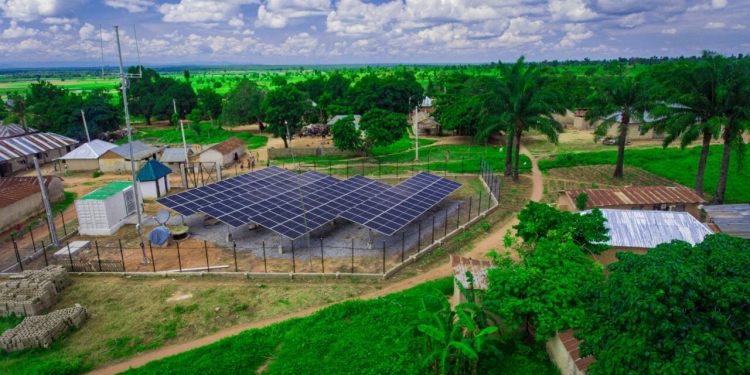Nigeria’s agriculture sector is set for a potential boost as a new solar-powered electric vehicle (EV) transport model is being introduced to tackle the country’s persistent post-harvest losses, estimated at over $7 billion annually.
At the rollout event in Abuja, Lanre Ashaolu, Founder and Chief Executive Officer of agritech startup BevAgro, highlighted the urgency of addressing poor logistics, high fuel costs, and limited affordable transport key factors responsible for massive food losses before produce reaches consumers.
“Nigeria loses more than $7 billion worth of food every year before it reaches consumers, largely due to poor logistics, high fuel costs, and lack of affordable transport,” Ashaolu said.
The new approach leverages solar-powered EVs and battery swap infrastructure to connect farm clusters to local markets and city centres. Ashaolu explained that this clean mobility system is designed to help farmers move their goods more efficiently, reduce wastage, and improve income.
“Every battery swap, every kilometre driven on clean energy, helps a farmer earn more and waste less. Our approach is a solar-powered EV ecosystem connecting farm clusters, local markets, and city neighbourhoods,” he noted.
With more than 150 EVs already operational across the country, the initiative is gradually building an “Agri-to-City Mobility Grid” aimed at reducing fuel dependence and transport bottlenecks. The company recently secured a $1.7 million grant from a Development Finance Institution and $1.4 million in local financing to expand its fleet, solar swap stations, and farmer onboarding, with plans to reach two million farmers and traders nationwide.
The push aligns with the federal government’s concerns about post-harvest losses. Minister of Agriculture and Food Security, Abubakar Kyari, recently said Nigeria loses an estimated $10 billion worth of food annually due to weak storage infrastructure, limited processing capacity, climate change, and erratic rainfall. He stressed that equipping smallholder farmers with modern tools and technology is crucial to boosting productivity and ensuring food security.
The solar EV initiative offers a sustainable pathway for agri-SMEs to cut costs, preserve produce quality, and strengthen value chains, potentially transforming how food moves from farms to markets across Nigeria.










